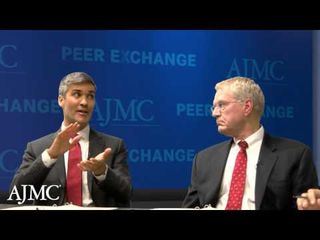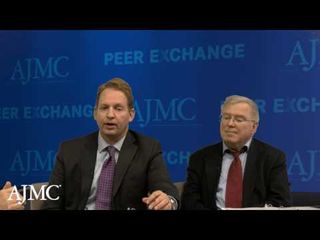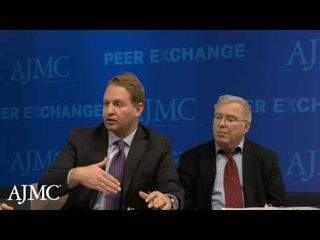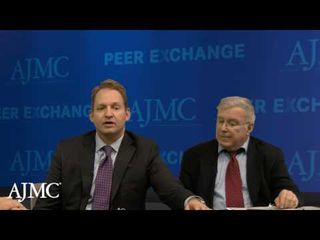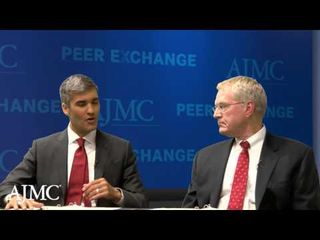
Diabetes
Latest News


Medicare Patients With Type 2 Diabetes Safely Switched From Analog to Human Insulin, JAMA Study Finds

What We're Reading: Insulin Costs Double; PhRMA's Record Spending; Causes of Liver Transplants
Latest Videos

CME Content
More News

This week, the top managed care news included a government shutdown affects healthcare; Democrats take control of the House; and The American Journal of Managed Care® names its most influential person in healthcare.




A statement on hypoglycemia, an consensus document from cardiologists on diabetes and CVD, and guidelines on treating cholesterol.

This week, we recapped the top news from 2018 with a look at policy changes, new research, decisions at the polls, and more.

A commentary from a cardiologist who practices in the Mississippi Delta, where a comparatively high share of the population is at risk for diabetes and peripheral artery disease.

Concerns over cost should lead FDA to recommend adjustments to these trials, which many say have led to unexpected knowledge and changed the field of diabetes care.

Leading cardiologist Mikhail N. Kosiborod, MD, FACC, FAHA, discusses how the FDA's 2008 guidance requiring cardiovascular outcomes trials has changed the treatment landscape in diabetes care and what expectations might look like going forward.
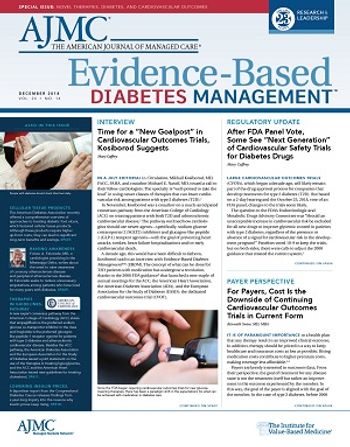
Technology and issues with reimbursement with of interest to authors writing for our diabetes journal this year.

Dublin, Ireland-based S3 Connected Health discusses the need to identify barriers to healthy behavior as well as factors that can promote healthy actions.

Every week, The American Journal of Managed Care® recaps the top managed care news of the week, and you can now listen to it on our podcast, Managed Care Cast.

An estimated 30 million Americans are living with diabetes. Additionally, 84 million have prediabetes, a condition that will result in type 2 diabetes within 5 years if not properly treated. Long regarded as one of the most prevalent chronic diseases in United States, diabetes is also a leading cause of disability and the seventh-leading cause of death. Less discussed is one of the most common complications of diabetes: diabetic foot ulcers. If not properly treated with standard and adjunctive care, these chronic wounds can lead to permanent disability and premature death.

This week, the top managed care news included a federal judge ruling that the Affordable Care Act is unconstitutional; new diabetes standards address cardiovascular risk; efforts targeting loneliness show improved health outcomes.

The relationship between diabetes management and preventing cardiovascular events was a theme throughout 2018, and this is reflected in the new standards.

Throughout the year, The American Journal of Managed Care® (AJMC®) offered a number of video programs, including Peer Exchange discussions and interviews, on a range of topics. Here are the most-watched videos published by AJMC® in 2018.

The 2019 Standards of Care reflect an ongoing collaboration between the American Diabetes Association and the American College of Cardiology.

Two of The American Journal of Managed Care®'s top 5 most-read news stories were themselves top-5 roundups of hot topics in healthcare this year. The list was rounded out by cardiovascular, diabetes, and cancer news.

The report in Diabetes Care, the official journal of the American Diabetes Association, comes after reports of rising rates of diabetes and obesity among young adults and soaring insulin costs, which may mean diabetes is not being effectively treated.

Every week, The American Journal of Managed Care® recaps the top managed care news of the week, and you can now listen to it on our podcast, Managed Care Cast.

This week, the top managed care news included a CDC report that found life expectancy in the United States declined again; telemedicine use among physicians remains low; another study added to the debate over who should take statins.

Coverage of our peer-reviewed research and news reporting in the healthcare and mainstream press.

A newly published study from the University of Pennsylvania School of Nursing finds that heavy alcohol consumption poses a risk for suboptimal long-term weight loss among patients with a diagnosis of type 2 diabetes.

Only 19% of patients in this sample had good diabetes control based on their tested glycated hemoglobin levels. Patients diagnosed with mental health conditions in this study were more likely to have good diabetes control.

New reports from the CDC have highlighted troubling increasing trends in suicides and drug overdose rates as life expectancy in the United States declined.

